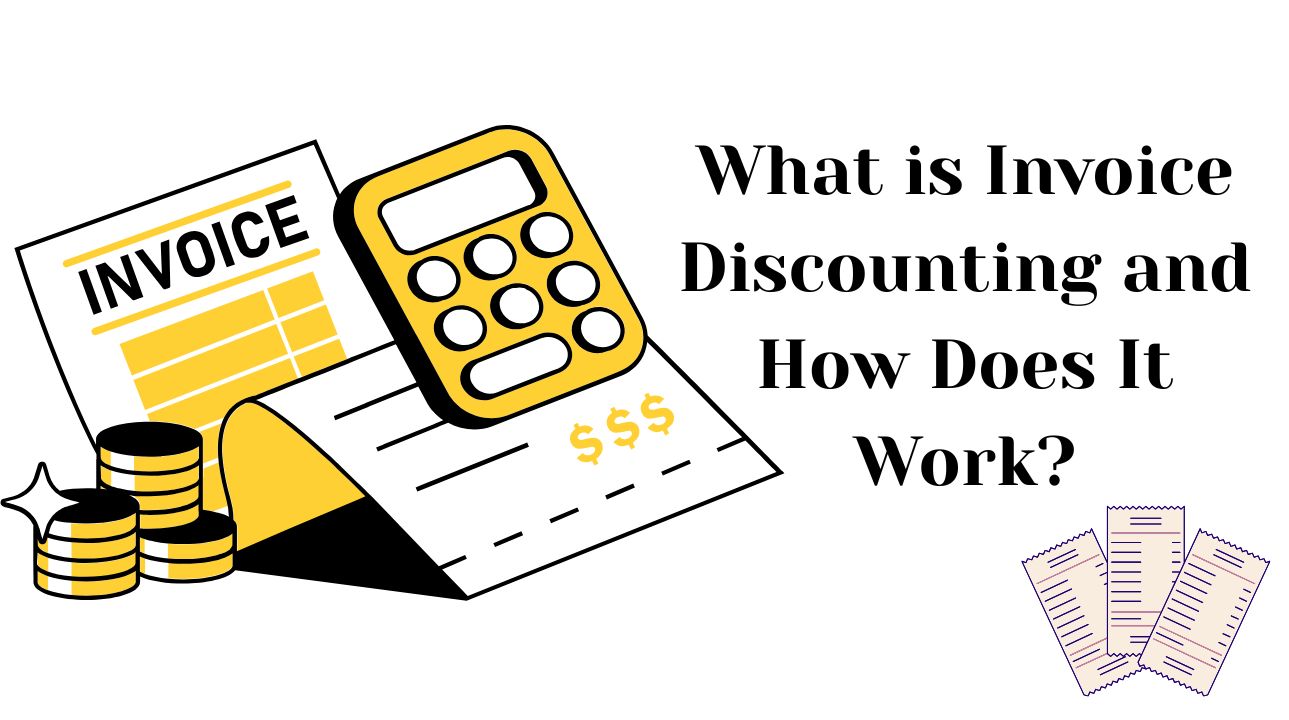Did you feel that slight pinch in your heart seeing your business loan getting rejected? The importance of arranging funds at the right time is huge when it is about ensuring the progress of your venture. Loans can be a convenient way to gather cash when other ways are closed.
This is upsetting as you might expect to get a positive response. This immediate dose of cash is necessary to keep up with business operations. When you find out that you cannot get access to funds right now, you fear an uncertain future.
The next thing you want to understand will be the reasons behind loan denial. When you apply for a business loan, you look forward to getting funds without any delay. Thus, it is natural for you to dig through the factors that might have acted against you.
Some of you might blame the loan provider for being partial. Instead of doing this, figuring out where your loan application might have lagged is crucial. This is because you can try to rectify them and prepare another application for business loans.
You can even consider enquiring the lender about the potential reason behind rejection. In this endeavour to resolve issues that have led to loan denial, accept that lenders cannot reject the application deliberately.
Now, dive directly into the responsible factors for loan rejection. Do what is needed so that you do not face the same thing again.
Why lenders might turn down your business loan application?
You have to accept the harsh reality but in a positive way. It is pointless to blame the process or the provider. No changes in your fate will happen until you take the initiative from your end.
You will be able to undo the lender’s decision if you start working on what is not right so far. Take a look at the reasons that can play the role of a negative catalyst in your case.
· Bad or no credit scores
You are the business owner, and thus, the lender will review your credit scores. This can confirm your creditworthiness, which is directly related to the possibility of getting loans back on time. When they find out that you have poor credit scores, it seems alarming to them.
As your credit history establishes that the last few payments have been defaulted, they find it risky to offer you any help. There is no guarantee that you can repay a business loan on time. It is natural for them to avoid lending you money as there is no assurance.
What might happen if you have no credit history to represent? Apart from your personal credit scores, the lender would like to make sure about the credit profile of the business. If you are a newly launched business, there is nothing much to showcase as credit history.
Thus, the lender cannot ascertain if you will pay back loans on time or not. This uncertainty factor can act against your loan application. The outcome might be a negative response from the loan provider.
· The trading history is not elaborate
A business running for several years might seem like a safe option for the lender. They can validate how the venture is being operated. In totality, they can get an idea about the nature of financial dealings.
Now, a venture that has been active for many years will grab the attention of the lender. On the contrary, a business that has started operating for a few months will seem like a risky bet to the lenders.
As this venture does not have much trading history to showcase, it becomes difficult for the loan provider to make sure about loan payments. For this reason, a start-up faces more restrictions in getting funding to support unexpected necessities.
· Revenue or profit not being perfect
Revenue is assessed to understand the financial capability of the business. Your actual earnings can be figured out from this factor. However, revenue or profit is not equal to the income generated from the business. There are a few things that should be deducted to find out the earnings.
Your business should be able to meet the minimum annual turnover as set by the lender. Based on the revenue you generated, the lender will calculate how much you can put towards the loan payments. With low revenue, you will have zero to negligible chances of making it through to loan repayment.
If you are a newly set up business, the revenue expectation cannot be fulfilled so easily. When the lender is unsure if you can cover the loan payments on time or not, they tend to reject the loan application.
· Not able to provide collateral
It is alright if your business cannot generate the needed revenue to get a nod of approval from the lender. In this case, they will require something else to ensure loan payments. If you have enquired about a secured business loan option, as you require a substantial amount of money, pledging assets is mandatory.
When you are a newbie business, you will not have assets like equipment or property to put up in favour of the loan. With an asset, the lender is confident that loan recovery will take place. If you miss any payment, they can at least use the asset to recover the loan money.
One important point that you should not miss out on here is that the value of the property should match the amount you will have to repay. Now, if the asset value is less than what you want to borrow, this will not serve any purpose.
· Too much debts
There is no harm in carrying some amount of debt while running the business. If it exceeds the optimal limit, you will hardly have money left for other uses in the business operations. On top of this, if you think of borrowing money, it will be too risky for the lender to offer money.
The bottom line
As a business owner, you might want to be self-dependent while finding the right lender. This research might take some time and cannot guarantee about making it to 100% successful approval. On the other hand, loan brokers like Thebusinessfunds can help you save some time.
Not only this, but also they can provide you with essential guidelines to follow while applying for loans. These suggestions are going to be so useful that you might not have to deal with an unexpected loan denial. This means that you can fetch the necessary funds for the smooth running of your business right on time.
Therefore, consider this as a useful tip to enhance your chances of getting approved for loans. These mediators are aware of everything happening in the lending market. You can cash in on their experience to get closer to successful business loan approval.
FAQs
- What is the role of a business plan in loan approval?
Crafting a business plan at the time of starting out should be a priority. This might prove to be an essential document showing your revenue models, objectives, and financial projections. They can influence the decision of the lender provided you have presented it with adequate information minus any useless details.
- What would happen if my company is less than 2 years old?
The reason why the lender might doubt your potential as the owner of a 2-year-old business is not the timeline. However, they see it as a shorter tenure to get established as a business. You will not have enough experience to showcase, and this can backfire and result in denial.
- How the purpose of getting a loan can impact approval?
Although the lender will have no curiosity to assess the purpose, you cannot get these loans for any random purpose. This is because the loan provider intends to extend financial support to businesses that require funds for growth. They aim to make sure that their loans have been put to good use.

Harry Kane is a financial writer and author who has covered wide topics related to business loans and finance for the last decade. He has been working as the Chief Contributor in finding out deals on various business finance products covered by Thebusinessfunds, a reputed business loan broker firm in the UK. The primary work of Harry is to analyse the loan requirements of various businesses according to their circumstances and affordability. He directly communicates with the loan aspirants and guides them to get the right loan matching their needs. He has a vast experience in finance writing, working with many major business firms in the UK. At Thebusinessfunds, Harry also used to write well-researched blogs covering the financial problems of business loan aspirants and providing relevant solutions. He is a postgraduate with MSc. in Banking and Finance.





